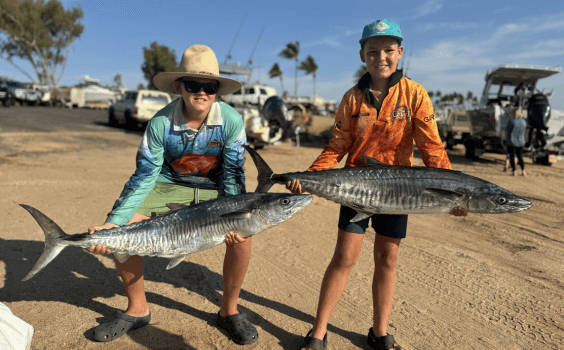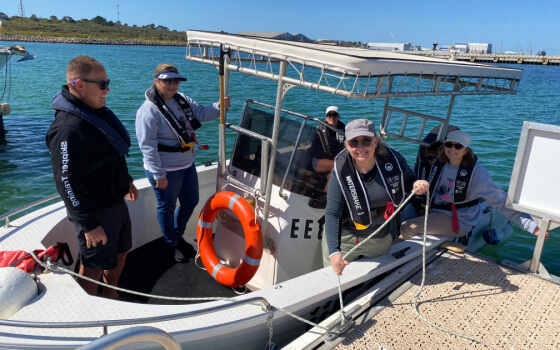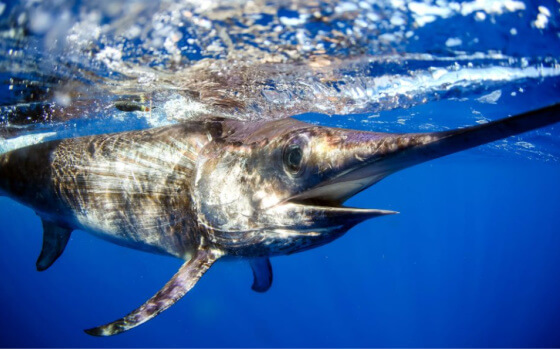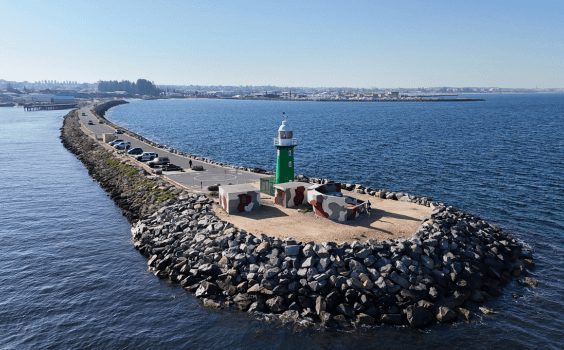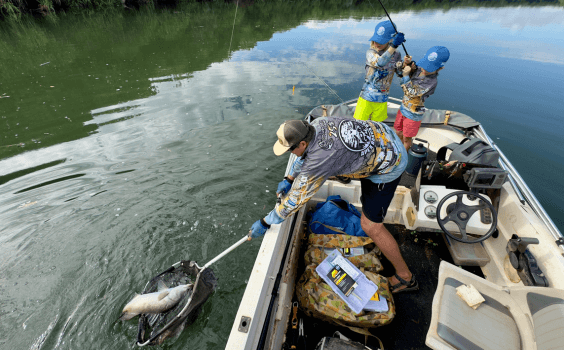In a positive development relating around the management of dhufish and pink snapper in the West Coast Bioregion, the Department of Primary Industry and Regional Development (DPIRD) has set up a working group to develop a west coast demersal scalefish fishery harvest strategy.
Last December, DPIRD released the latest research on the status of west coast demersal scalefish stocks at the 10-year mark of the recovery plan.

The report noted there were good signs of recovery for this important and popular fishery, especially in the South West. However, the document also reported that there were some areas that were showing evidence of only limited recovery. The next full stock assessment is due, Recfishwest has been told by DPIRD, in late 2020.
The harvest strategy group is made up of eight representatives including one from Recfishwest and others from the recreational, commercial and charter sectors, as well as DPIRD.
“The harvest strategy will contain clearly defined management actions linked to the recovery of our favourite fish and should give us all confidence that dhuies and snapper, which are community owned resources, are being effectively managed to achieve agreed objectives,” said Recfishwest CEO Andrew Rowland.
To find out more about the working group click here
To help Recfishwest represent your interests on the working group and develop the best harvest strategy possible, Recfishwest is encouraging recfishers to outline their views through the west coast demersal scalefish fishery survey.
CLICK HERE TO CARRY OUT THE SURVEY ON THE FUTURE OF THE FISHERY
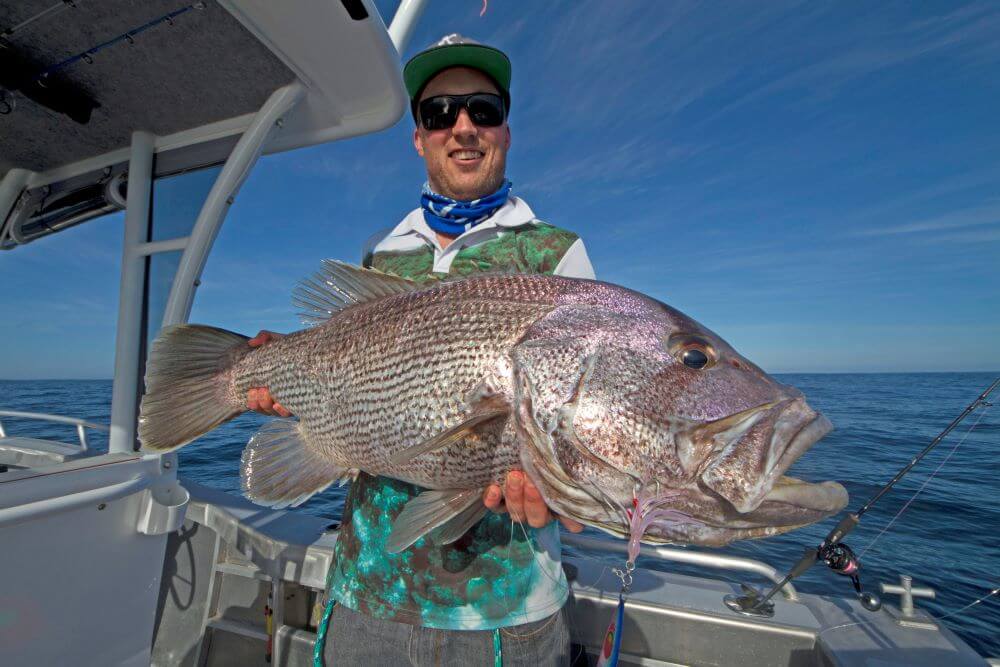
“It should only take you a few minutes to fill in and by responding you will be having a say in the future of this great fishery,” Dr Rowland said.
“We’ve been asking the Department for a harvest strategy for some time now for this fishery as it clearly sets out a framework and roadmap for fisheries management decisions with clear objectives, assessments, trigger points and decision rules.”
Dr Rowland said it was important to note that a harvest strategy does not deal with specific fishing rules such as bag and size limits, but rather sets broad scale biological, economic and social objectives around how the fishery should be managed.
“We strongly believe in fisheries management transparency and, rest assured, we will be reporting back to you on each meeting of the working group and will share with you the draft harvest strategy for further comments and input,” he said.
“We want to ensure future generations of West Aussie fishers can continue to enjoy catching dhuies and pinkies. So, we’ll be doing everything in our power to make sure this special fishery continues to provide great fishing experiences, forever.”
To learn more about what a harvest strategy is check out this video from Fisheries Queensland
